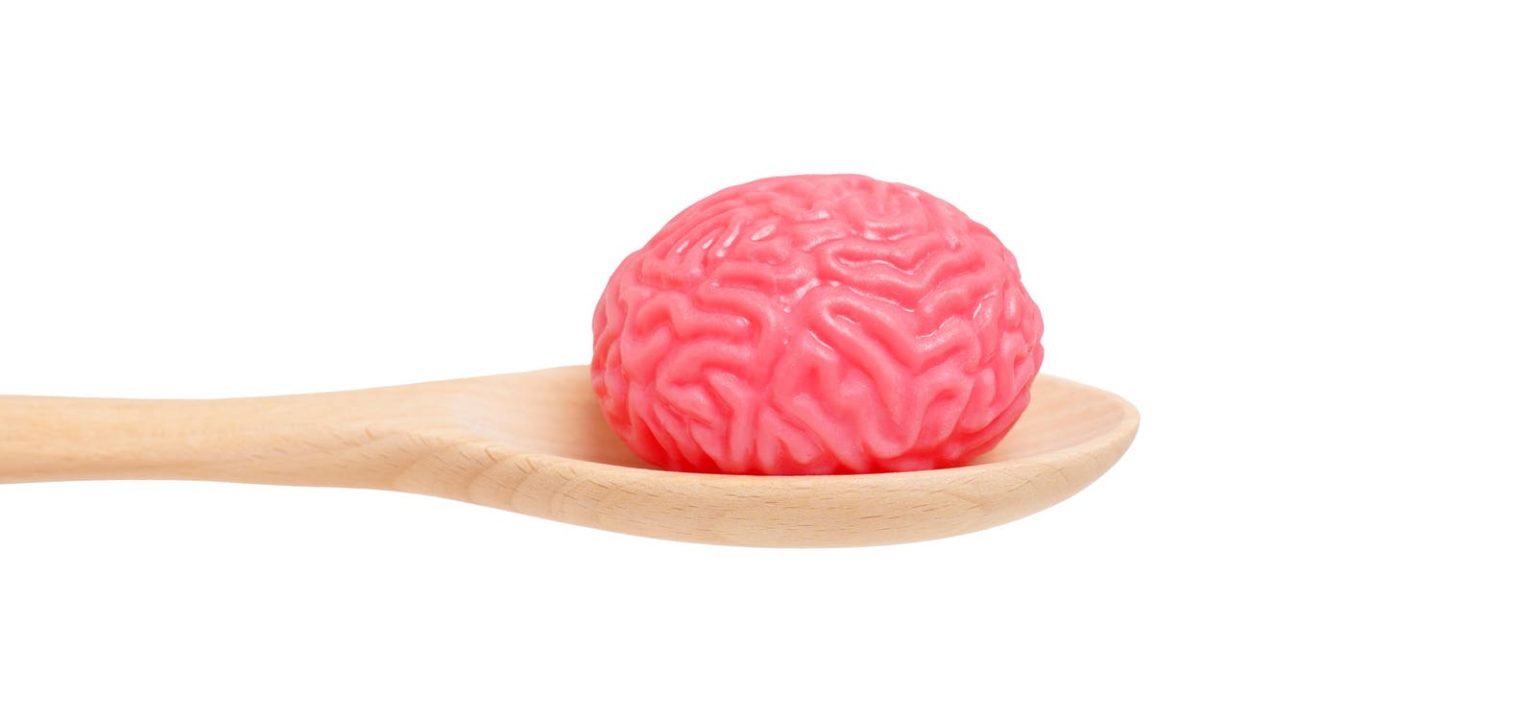The Spoon Theory has become a widely recognized concept in understanding the struggles that individuals with chronic illnesses, disabilities, or mental health conditions face on a daily basis. The theory, conceptualized by Christine Miserandino in her essay, simplifies the experience of limited energy resources into a tangible concept using spoons to represent units of energy. For those with fewer spoons, simple tasks can be draining, leaving them with little energy for other activities throughout the day.
Individuals with chronic conditions must carefully manage their spoons to ensure they can accomplish essential tasks while still preserving energy for the rest of the day. This often means prioritizing activities, taking breaks, and pacing themselves to avoid running out of energy too early. The Spoon Theory serves as a reminder for those with limited spoons to listen to their bodies, pace themselves, and prioritize their health and well-being over external expectations.
The theory also prompts those without limited spoons to consider the privilege of having ample energy and to show gratitude for their health. It encourages them to be supportive of friends or family members who may have limited spoons by offering assistance and understanding their needs. Additionally, the theory emphasizes the importance of valuing relationships with individuals who may struggle with limited energy resources.
The Spoon Theory has been a valuable tool for individuals with chronic conditions to communicate the fluctuating nature of their experiences to others. It allows them to explain why they may need extra support or flexibility on bad days when they have fewer spoons. By simplifying the complex reality of living with limited energy, the theory helps bridge the understanding gap between those with and without chronic illnesses, disabilities, or mental health conditions.
Ultimately, the Spoon Theory serves as a reminder for everyone to reflect on how they manage their energy and to prioritize self-care. Whether it’s taking breaks, saying no to unnecessary tasks, or asking for help, it’s important to preserve energy resources to avoid burning out. By recognizing the value of limited spoons and showing support for those who struggle with them, individuals can foster a greater sense of empathy, gratitude, and responsibility in their relationships and daily lives.















